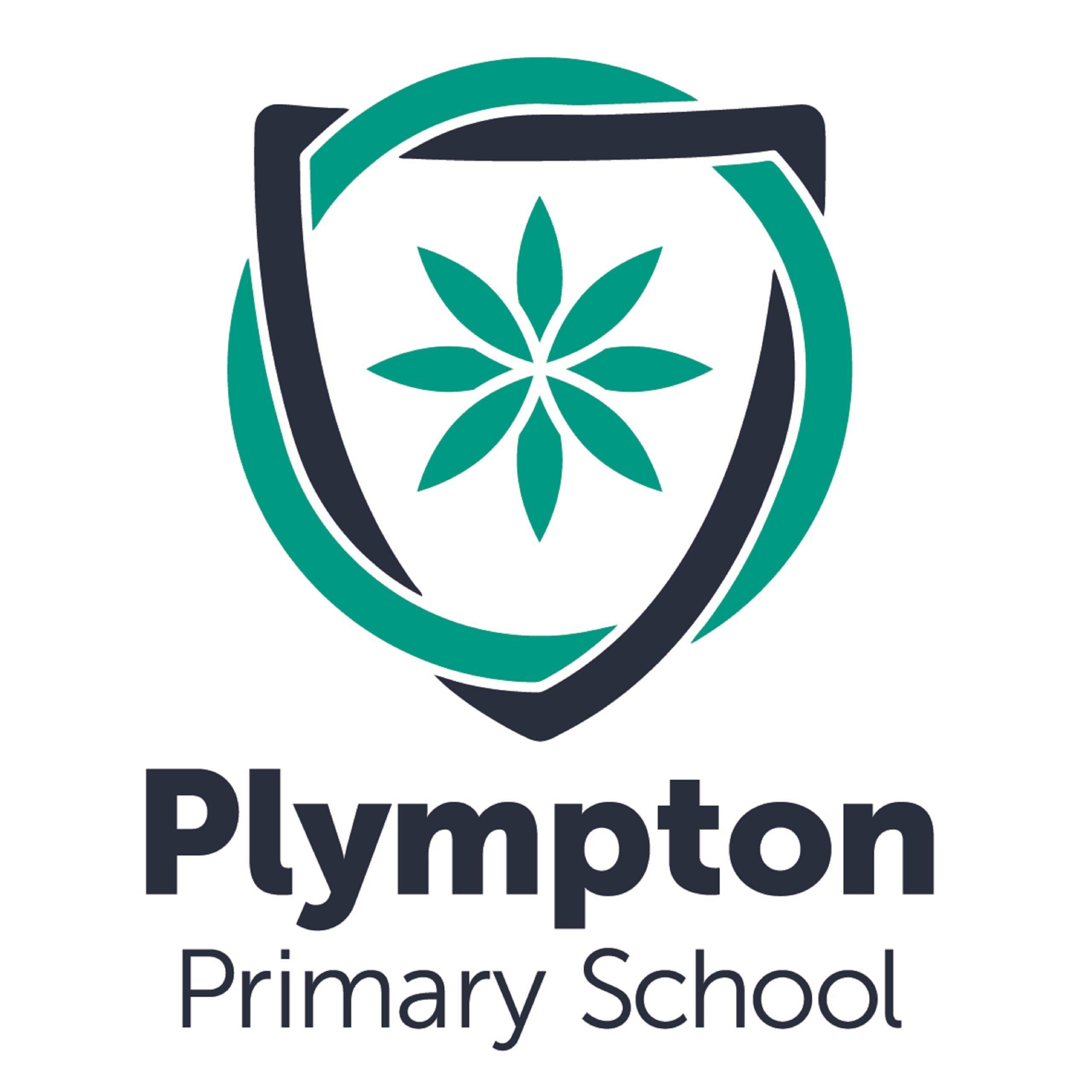Specialist
We have a range of specilist subjects that our students can undertake at Plympton Primary School
Japanese
At Plympton Primary School students participate in at least one Japanese lesson each week. Learning Japanese not only provides students with a valuable multicultural perspective, but also enhances their cognitive skills and global awareness. Through engaging lessons, interactive activities, and cultural experiences our students begin to develop language proficiency, cultural understanding and a passion for learning about Japan. We strive to create a supportive and inclusive learning environment where students can explore the rich language and traditions of Japan.
In the junior primary years, students engage in a variety of interactive and fun activities to develop their language skills. Some activities include greetings and introductions, numbers and counting, colours and shapes, songs and rhymes.
In middle primary, students participate in a range of dynamic and immersive activities to strengthen their language proficiency. Students engage in conversations about daily routines, hobbies, and interests in Japanese, creating dialogues or skits to practice speaking and listening skills, and exploring traditional Japanese customs and festivals through research projects. These activities aim to deepen students’ understanding of the Japanese language and culture while fostering their communication skills and cultural awareness.
Upper primary students participate in advanced and culturally rich activities to advance their language competency. These activities may include engaging in detailed conversations, writing complex sentences, exploring traditional Japanese cultural practices and studying age-appropriate Japanese literature. Through these varied activities, students will deepen their understanding of the Japanese language and culture, improving their skills for future language learning endeavours.
Health & PE
Students at Plympton Primary School participate in at least one Health and Physical Education lesson each week. During health lessons, students develop personal and social skills through interacting with others in a range of contexts. They use health and physical activity resources to enhance their own and others’ wellbeing. Health and Physical Education addresses factors that influence the health, safety, relationships, wellbeing and physical activity patterns of individuals, groups and communities. Students develop the understanding to challenge discrimination, assumptions and stereotypes. They gain skills to take positive action regarding diversity, inclusion, consent and respect in different social contexts.
In the junior years, students develop fundamental movement skills, team skills and game skills. These are skills that provide students with greater confidence in being active in the yard and in class.
In middle primary, students have opportunities to develop teamwork and group cooperative skills through a variety of traditional and non-traditional sports. Students develop their understanding that effort, participation and having fun in sport is more important than winning.
In the upper years, students further develop skills gained in previous years with a focus on developing teamwork skills, attacking and defending skills and leadership skills.
The school is a part of the Airport District (SAPSASA) for School Sport SA and all students from years 4-6 can participate and be selected for various teams. At the district level students have the option of being involved in:
Plympton Primary School is recognised as an Auskick centre, and we have partnered with West Adelaide Football Club to run a successful program in term one every year for students from reception to year 3.
Students can also participate in a range of extra-curricular activities, through Sporting School grants such as gymnastics, AFL and hockey in addition to a variety of Sports Days and visiting clinics.
Performing Arts
At Plympton Primary School we strive to have a strong culture of music and dance appreciation in the performing arts. We acknowledge that students who study music and dance subjects at any time in their education especially from reception and beyond increase knowledge, engagement and skills in other subject areas and personal development.
Benefits related to cognitive development and music learning include:
- Aural perception, which in turn supports the development of language and literacy skills
- Enhanced verbal and working memory skills
- Spatial reasoning which contributes to some elements of mathematics and measure of intelligence
- Executive function which is implicated in intelligence, academic learning and social skills
- Self-regulation which is implicated in all forms of higher order learning requiring a disciplined, consistent approach
- Academic attainment
Benefits related to human development and music learning include:
- Motivation and re-engagement in education
- Social cohesion and inclusion
- Prosocial behaviour and teamwork
- Empathy
- Psychological wellbeing
- Self-belief, academic confidence and self-esteem
- Healthy development
During specialist classroom performing arts lessons, students actively participate in exploring a wide range of genres, styles, songs and chants. Students learn to play, practise and perform on a variety of instruments including voice, non-melodic e.g. African drums and melodic percussion e.g. xylophones, ukulele and recorder. Using the elements of music, students communicate meaning in the music they listen to, compose and perform, connecting and fostering understanding of other times, places, cultures and contexts.
Student will practise skills of music making through learning to read and compose using traditional notation, graphic forms and technology. Music and dance lay a foundation of rhythm, time and space through body percussion, movement, body percussion and choreography, performing and audience skills while working independently and in groups (class ensembles).














